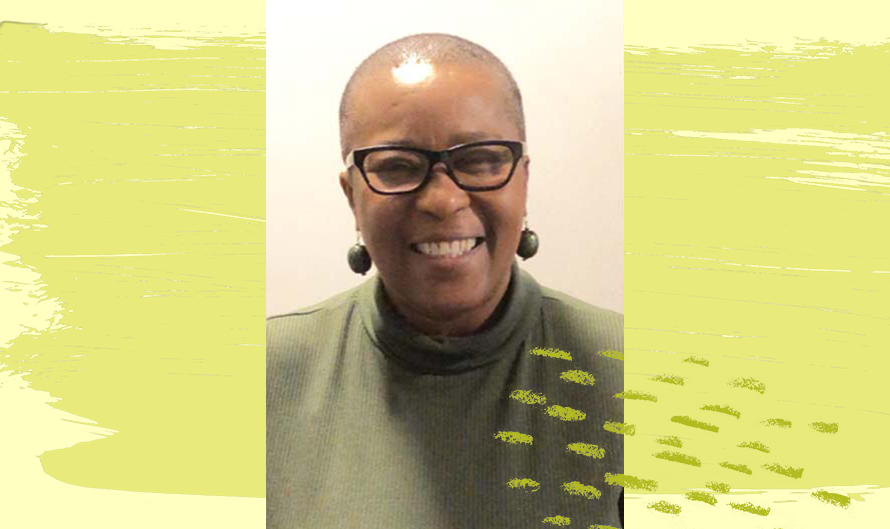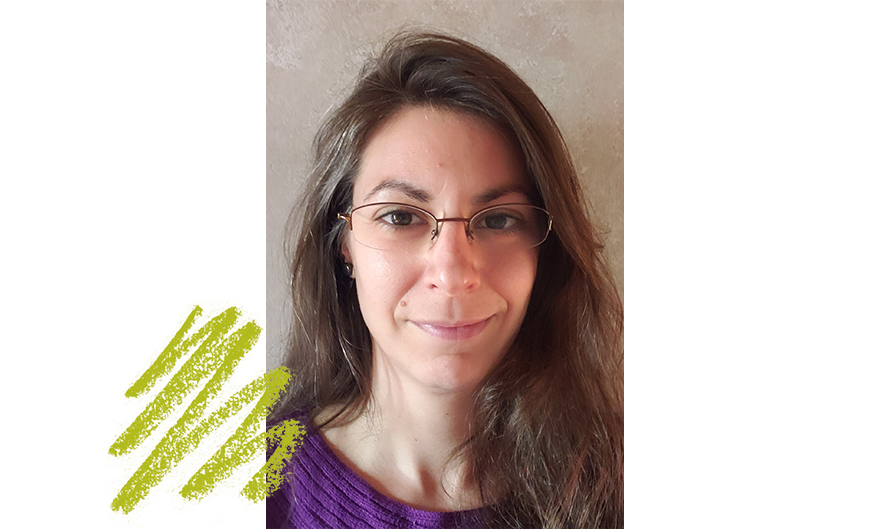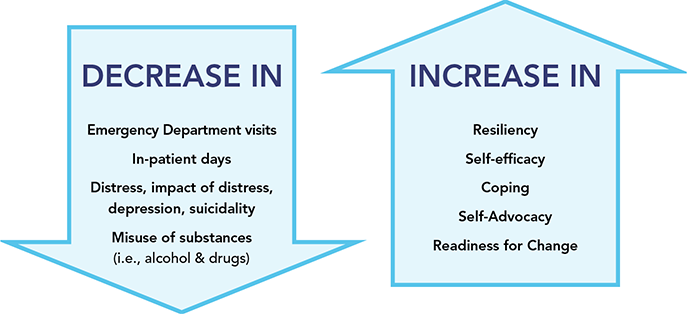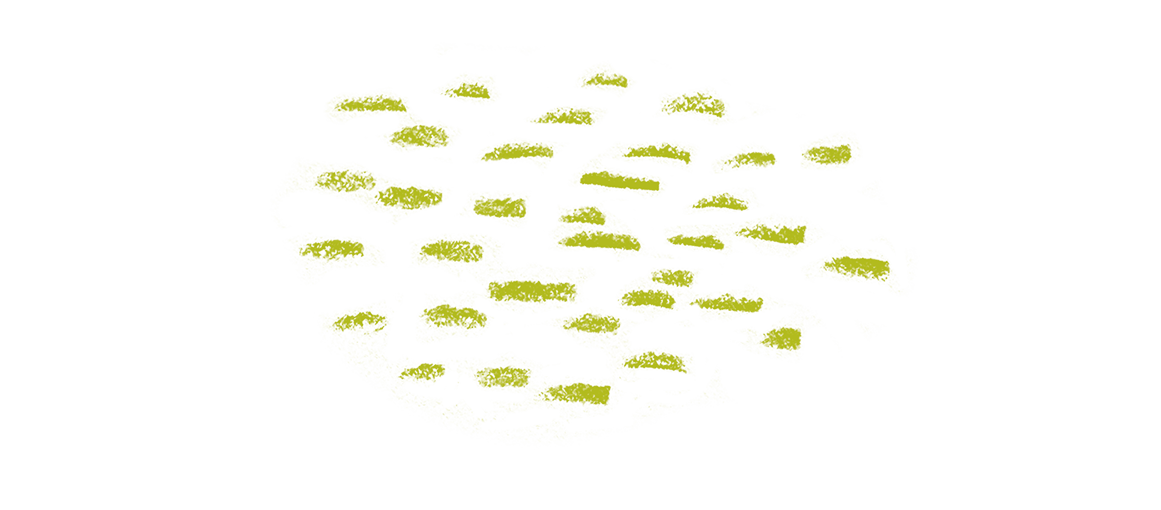Fall Updates: What’s New at Stella’s Place

Change. What else is new?
Everywhere we turn, things have changed. The pandemic has set the world on a path to change, to learn about just how interconnected we are. And vulnerable. The Black Lives Matter movement and the movement for Truth and Reconciliation for Indigenous peoples have also revealed the deep changes we need to make as a society to ensure a good future for all young people. Stella’s Place is experiencing these changes and responding. Changes to our leadership and to our programs will help us meet the growing needs of young adults.

In August, we said goodbye to our Executive Director, Wangari Muriuki, who, in her service to our community, played a leadership role in developing a new strategic plan (2022-2024) that will guide our organization well through a post-pandemic environment (look for details about the strategic plan in the new year). Nzinga Walker is now serving as our Interim Executive Director and the Program Manager. She brings great experience supporting organizations through organizational growth and change. A new search for an Executive Director is underway and we expect new leadership to begin in the new year.
We now offer professional counsellors for drop-in chat support on BeanBagChat. BeanBagChat is open Sundays through Thursdays 4PM to 9PM. To access this service, young people 16 to 29 who live in Toronto can download the app. When we launched this service, it was offered by Peer Supporters, and after careful consideration we made the decision to staff this program with registered health professionals. The pandemic has had a huge impact on young people’s mental health: needs are increasing and so we are resourcing this service accordingly.
Stella’s Place has restructured our peer support roles. Our peer supporters now use the title “Peer Ambassadors” who will continue to offer our peer-to-peer groups such as Café and co-facilitate our groups with clinicians. Also, to connect our participants faster to services, we created a new role called Counsellor Navigator. These new registered health professionals will provide brief counselling and work with Peer Ambassadors to animate programming for young adults in the Café when it reopens in 2022.


Research & Evaluation Updates
As we entered into the COVID-19 pandemic, we faced a lot of complexities in service delivery and evaluation. We came together as a staff complement to address these complexities by adapting quickly and developing virtual programming to suit the needs of our participants whether in a group or individually with a counsellor. Part of the complexity, we would discover, was the limitations to our engagement and data tracking with participants in a virtual environment. To ensure high quality participant experience and data collection, we realized the level of engagement with participants needed to be greater, and we needed our information and tracking systems calibrated for ease in the virtual environment. Additionally, we have a new quality improvement strategy, that includes target monitoring across all aspects of communications and service delivery, and engages all stakeholders at Stella’s Place, from program staff to Young Adult and Family Councils. With 2021 wrapping up, and having made several advances in improving participant engagement and data tracking, we are confident to see stronger outputs and continued high quality experiences with the Stella’s Place experience in 2022.
In addition to our regular evaluation activities, we also completed our 3-Year Prototyping Analysis. This evaluation examined three years’ of participant data (2017-2019) collected across program offerings, including output, outcome, and program satisfaction and feedback/improvement data where applicable. Highlights from our findings are listed below:
3-Year Analysis of Registered Program Data
Our analysis of participant outcomes across three years (2017–2019) of programs are:
- Community Healing Project (CHP): statistically significant improvements in participant confidence, knowledge, skills, experience, and competency when it comes to providing peer support to others.
- DBT Skills: significant improvements in effective coping skills, resiliency, and overall self-evaluation, as well as decreases in dysfunctional coping skills.
- Skills for Safer Living (SfSL; 2018–2019 only): significant decreases in distress, impact of distress on functioning, depression, and alexithymia, as well as significant increases in resiliency, emotion regulation, and self-advocacy.
- Weathering The Storms (WTS): significant increases in effective coping skills, resiliency, and self-advocacy. Participants also reported significant decreases in their substance use and increases in their readiness to change their substance use behaviours.
- Wellness Recovery Action Plan (WRAP): significant improvements in WRAP taught skills including coping and crisis planning, as well as resiliency and self-evaluation.
These findings are very exciting and suggest the potent therapeutic of our programming.
Some comments from our participants about their experience at Stella’s Place over these years:
“I think I’ve made big improvements on my coping and thinking skills since coming here. I have had a significantly lower number of moments of complete distress since coming to counselling. It also helped my confidence.” (2017)
“The space Stella’s provides is open, accepting, and encourages a real sense of community and therefore healing. It is in my opinion the benchmark for young adult mental health care.” (2018)
“This has been the only facility ever where I have felt supported. Which is to say, the staff, the environment, the language, honesty — has given me the tools I need to know FOR SURE that I’ll live a long, meaningful, impactful life where I am profoundly understood & deeply loved. Thank you, thank you, thank you.” (2018)

Community Healing Project Alumni Consultation on BeanBagChat
Another goal was to gain a deeper understanding of participant demographics and identifications as they intersect with mental health concerns. We are interested to know if particular groups of individuals have trends of mental health and programming needs, and whether and how these needs are or can be met at Stella’s Place. As part of a larger evaluation of our BeanBagChat application, the Research & Evaluation team interviewed a group of eight Alumni from the Community Healing Project (CHP) for their first impressions about BeanBagChat (BBC) – only one had heard of BBC; none had used it before. We wanted to know the safety, accessibility, and usability of BBC for racialized young adults. Here’s what we learned:
First Impressions of BBC
- BBC’s low barrier nature was appealing to participants. High value was placed on the app being free, non-clinical, and available after-hours. The level of participant anonymity was also valued.
- Many raised concerns around data transparency and privacy due to the historic over-surveillance of Black, Indigenous, and non-Black People of Colour (BIPOC) communities (Browne, 2015; Gulliver et al., 2018).
Psychological Safety
- Participants emphasized the importance of ensuring psychological safety on the app to minimize racial trauma. For example, having program staff who were reflective of BIPOC users’ identities and had similar lived experience was important in increasing safety for users.
- Participants indicated that they actively sought out mental health providers who shared a similar ethno-racial background. This was described as a protective practice to avoid being racially gaslit and exposed to microaggressions from the service provider. At a minimum, BBC program staff should be trauma-informed and engaged in anti-racism work.
Privacy
- Several participants raised concerns over the security of their data when using an app such as BBC. After the Research & Evaluation team shared a demonstration video of the BBC app, participants indicated that their comfort level increased with engaging with the app as it gave them a greater sense of what BBC was and how it could be used.
Building Rapport
- Participants discussed rapport in relation to the historical context of racism in Canada and how this impacts service navigation.
- One participant, for example, noted that since they are exposed to anti-Black racism in their day-to-day life, they actively sought out another BIPOC mental health provider, or one who grounded their practice in anti-racism, in order to avoid re-traumatization and gaslighting.
- The group indicated that they were more likely to engage with a service such as BBC if someone from their community who has used said program recommended it.
- In terms of outreach and engaging BIPOC young adults—particularly those living in more under-resourced and over-surveilled communities—participants suggested building authentic relationships with communities and building trust connecting with respected members of the community.
Ashley Ward, PhD
Research & Evaluation Manager

